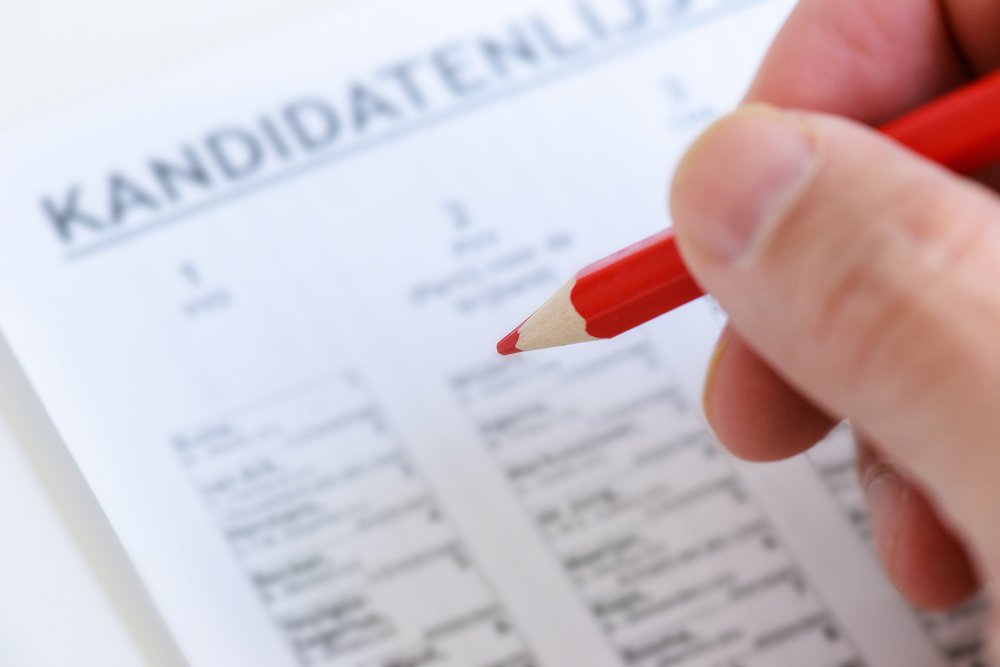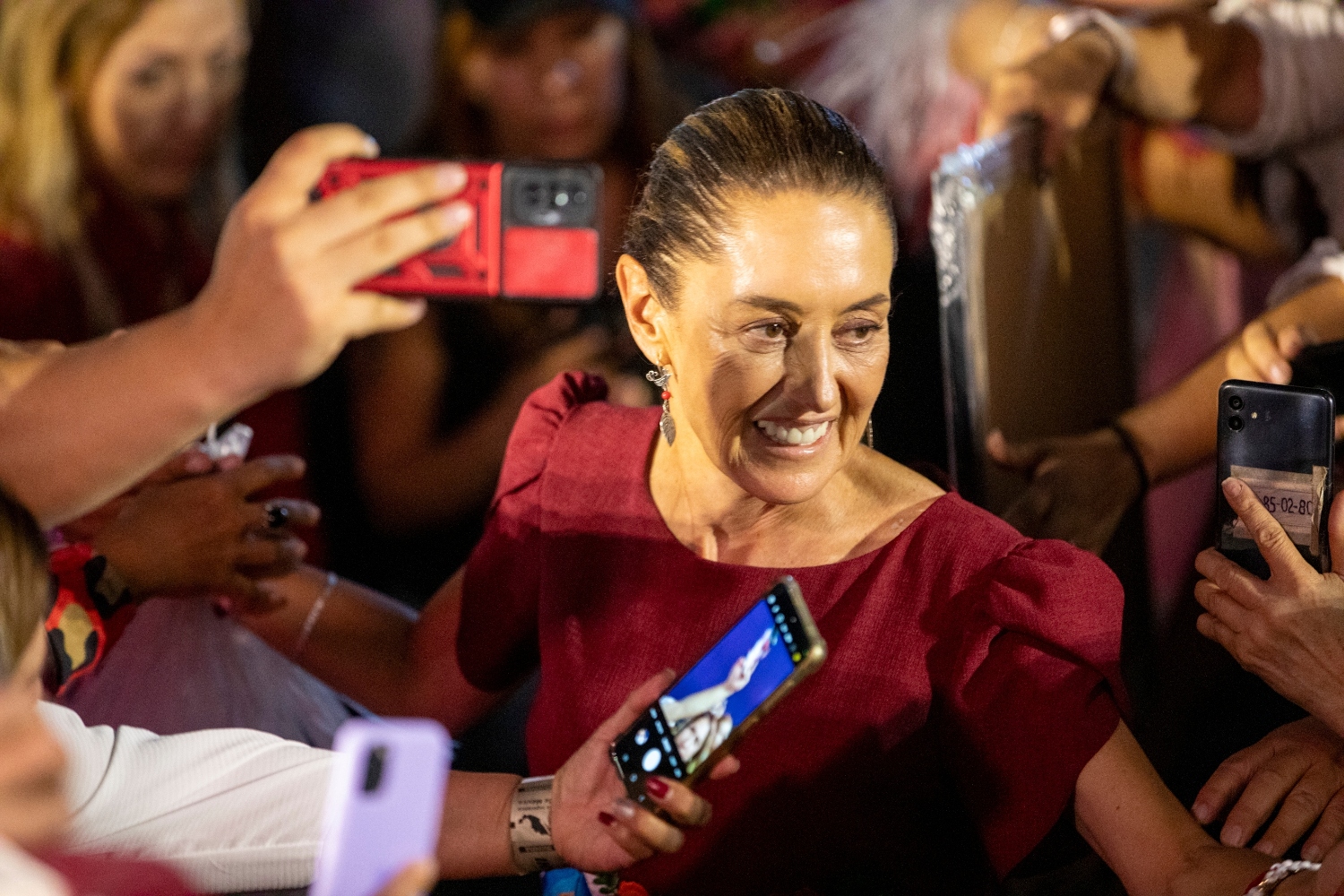The Strategic Communications group went through a turbulent campaign period with various studies on media and elections, including an extensive panel study. Resource interviewed chair Rens Vliegenthart about his initial impressions.
Was the outcome of the election expected?
‘The panel on the last days before the elections has not yet been processed, so we failed to see a final push in the PVV polls. What we noted is that the VVD campaign strategy benefited Wilders. VVD’s narrative constantly focused on migration as well as linking other issues, such as the housing shortage, to migration. According to our panel, ownership for this topic lies exclusively with the PVV, even more so than in previous years. As a result, PVV benefited from all this focus on migration. Based on our panel, Yeşilgöz did indeed help Wilders’ victory.’
In terms of spending on social media, PVV was at the bottom of the list. Still, they won by a landslide. What does that tell you?
‘PVV posts content on social media but does not advertise. The outcome of the election could prompt the conclusion that political targeting is pointless, but that would be too simple. After all, there is no telling whether other parties would have done worse without spending on social media. It is clear, however, that targeting through social media does not make a big difference.’
Young voters told Resource that Wilders was everywhere on TikTok. Is there an explanation?
‘My children reported that they constantly saw Thierry Baudet on TikTok, posting clips in the gym and other locations popular among teenagers and young adults. PVV and FvD may have specifically focused on this group as an investment in the future. Political parties were very active with different strategies on social media during this campaign.’
What activity or expression specifically caught your attention in this campaign?
‘I feel that the news last Saturday was a determining moment when the NOS news opened with Maurice de Hond’s poll, which said that the PVV was set to gain five seats at the expense of NSC losing the same number. I have a very strong opinion on this, and not just as a scientist. I am not saying that the PVV’s victory can be entirely attributed to this event, but this media focus on a single poll definitely made a difference in the election results.’
Explain?
‘De Hond’s poll was given extra focus by the fact that the news led with it, while we know very little about its trustworthiness. De Hond barely explains how his polls are taken, with what samples and margins of error. The news item was presented with a sense of urgency because journalists had been eagerly awaiting a game-changer in the campaign. Principles on how media should report on polls went out the window, while the impact of campaign dynamics is widely known. The bandwagon effect, the tendency of people to join the winning party, certainly influenced voting behaviour.’
When will we be able to draw conclusions from this campaign?
‘We will present some of our findings based on the data gathered during this campaign during the Day and Night of Communication Sciences at the start of February. But the studies are part of multi-year projects, so we can benefit from the findings for years to come.’

 A scene from the below mentioned news broadcast. Source NPO Start
A scene from the below mentioned news broadcast. Source NPO Start 
